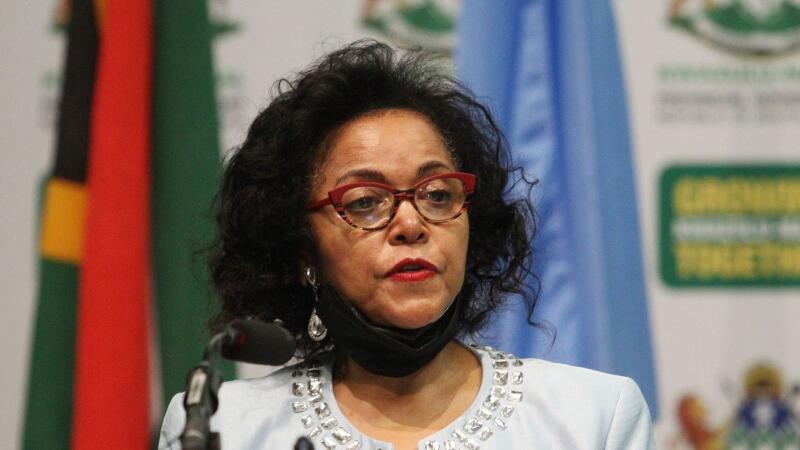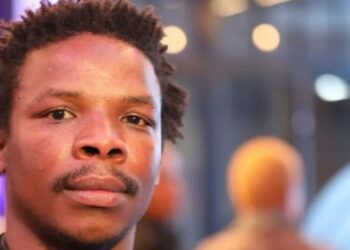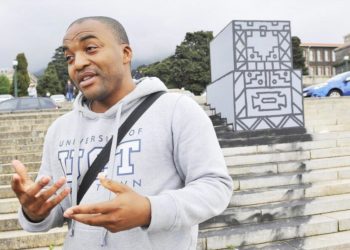Nepad’s CEO says South Africa’s inability to keep the lights on is negatively impacting the economy, costing the country between $86 million and $230m a day.
THE AU Development Agency’s New Partnership for Africa’s Development (Nepad) chief executive has raised concern over South Africa’s energy crisis, stating that the country’s inability to keep the lights on was negatively impacting the economy.
Speaking last week in the Senegalese capital during the Second Dakar Financing Summit for Africa’s Infrastructure Development (DFS2), Nardos Bekele-Thomas stated that South Africa was facing an energy crisis which cost the country between $86 million (R1.5 billion) and $230m a day, depending on the intensity of power cuts.
“As a result, the International Monetary Fund (IMF) predicts growth for South Africa of only 1.2% this year and 1.3% next year. Additionally, the crisis will lower production, increase the cost of living, and reduce income for businesses, such as mining and retail, and affect crop yields due to reduced irrigation. Furthermore, the pending 18.65% increase in electricity tariffs will increase the cost structures of South African companies immensely.”
Highlighting some of the challenges faced by the continent, she stated that every country could only develop with proper infrastructure which attracts investment and enables the movement of goods in Africa.
“The Chad Republic lags behind in terms of electrifying communities, with only 10% of the communities electrified while the rest live in the dark. As a continent, we need to do more… One of the challenges we face is the lack of political will to invest in infrastructure projects. So we need to commit and ensure that these projects are profitable,” said Bekele-Thomas.
Senegalese President Macky Sall said Africa should develop its infrastructure and also build efficient airports because among other challenges, it was unfair for Africans to travel to Europe whenever they needed to access of the continent.
Furthermore, Sall stated that despite all challenges, the continent continued to attract investment, but also raised concern that Africa faced a challenge as it was expected to repay some of the loans in short terms, which was a challenge since returns took time to produce good profits.
“I appeal to all leaders to advocate for Africa’s infrastructure development and I count on Rwandan President Paul Kagame to provide leadership and help improve these priority projects. As the leaders of our continent, we need to stop pointing fingers at each other and focus on turning Africa into a world-class continent,” he said.
Taking to the podium to deliver his message of support, Kagame hailed Africa for championing its own infrastructure projects. He further highlighted the importance of reducing the cost of doing business in order to attract more investors.
Egyptian Prime Minister Mostafa Madbouly said the summit was an opportunity to reflect on “our commitment to Africa’s development because it should have a positive impact on the future generations”.
He added that Egypt was ready to share its expertise in raising funding and how to invest in key projects. He indicated that in the past five years, his country had created more than five million jobs.
“Africa needs at least $100 billion in order to achieve its desired infrastructure projects. Egypt is deploying resources to achieve some of the priority projects meant to improve infrastructure and attract investment in the region.
“Some of the African countries’ debt has reached alarming heights and this needs to be reduced.” He further mentioned that Africa needed a permanent seat in the Group of Twenty (G20) so that it may ensure participation of the continent in key economic decisions affecting the continent.
The two-day summit concluded on Friday with the signing of deals worth billions of rand aimed at funding infrastructure in Africa.


















